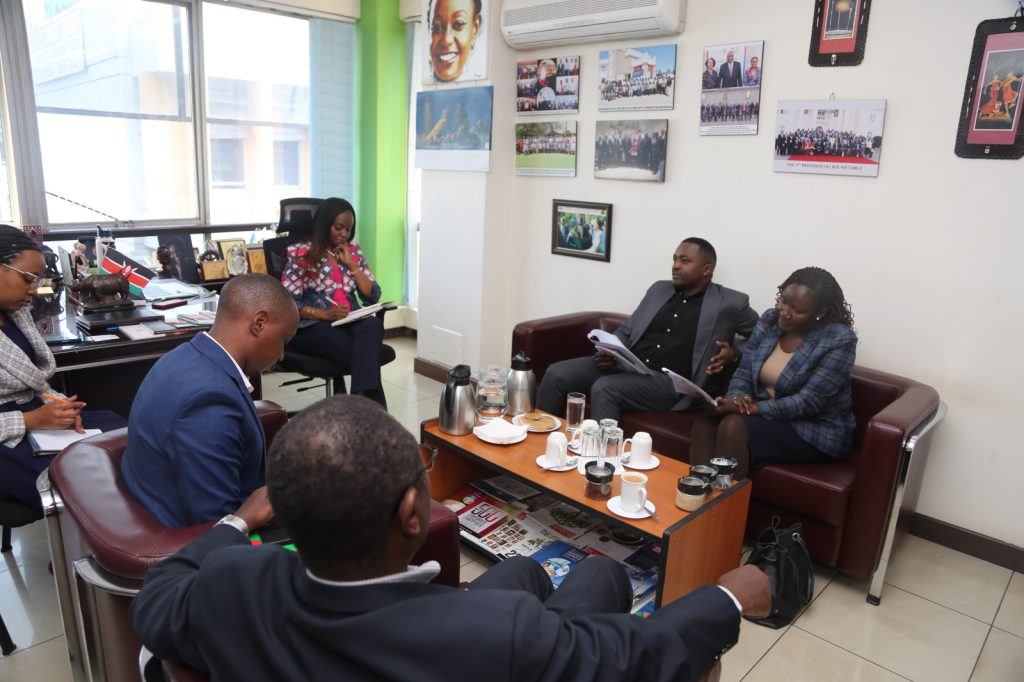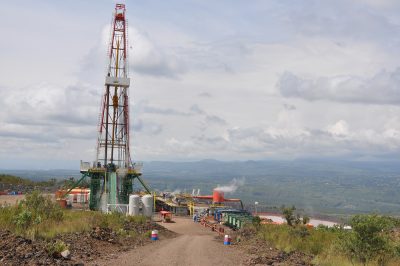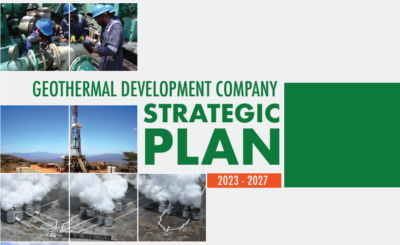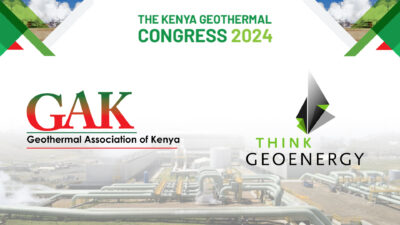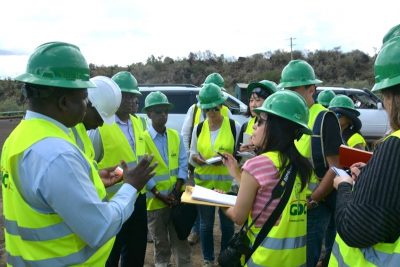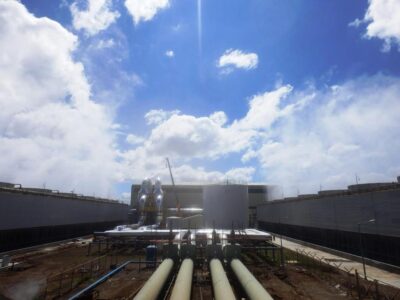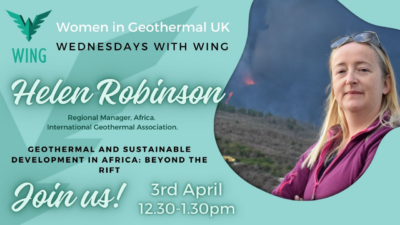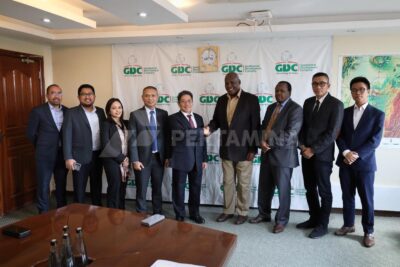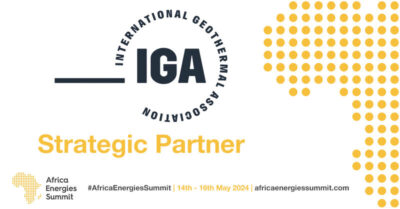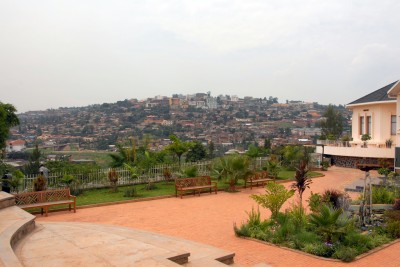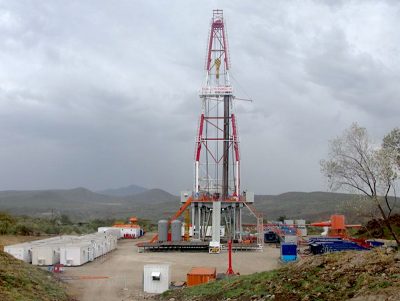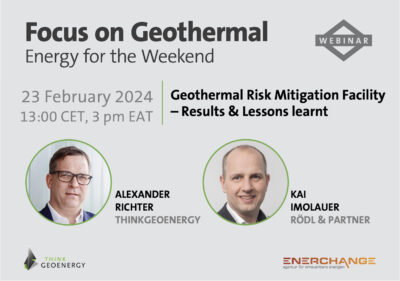Geothermal Association of Kenya holds meeting with private sector
The Geothermal Association of Kenya held a meeting with the Kenya Private Sector Alliance, to discuss how the two groups can partner for Kenya's geothermal development.
The Kenya Private Sector Alliance (KEPSA) hosted the Geothermal Association of Kenya (GAK) to discuss critical issues and opportunities within the geothermal industry. The meeting was attended by the KEPSA CEO Ms. Carole Kariuki, Mr. Mike Karanja – GAK CEO, Ms. Sharon Obonyo, Dr. Stephen Onacha, both Directors of GAK, Ms. Stacey Mwende and Mr. Peter Thairu from the KEPSA Management.
The discussions covered various legislative challenges, industry opportunities, and avenues for growth and collaboration.
GAK highlighted the significant role of the geothermal industry in Kenya’s energy sector – pointing out that geothermal energy contributes approximately 45% of the country’s total energy consumption. This underscored the industry’s vital role in ensuring a stable and sustainable energy supply.
Policy, documentation, and security challenges
GAK initiated discussions regarding a number of legislative challenges faced by the geothermal industry. One of the primary concerns was unrealistic timelines that require geothermal fields to be developed in 6 years. Additionally, the high cost of license charges was raised as an impediment to the sector’s growth. GAK sought KEPSA’s support in advocating for more time for geothermal development and a different way to address the acreage of the license area.
A number of other challenges were presented – the unification of tariffs offered to the Independent Power Producers (IPPs), Kenya Electricity Generating Company (KenGen) and Geothermal Development Company (GDC) doing different power projects in different areas, and the long process of getting approvals, licenses and documentation from different government agencies. Additionally, delays in obtaining necessary documentation, such as letters of support and PPAs, were identified as obstacles that hinder project progress. These delays can extend up to two years, impacting projects with time-sensitive timelines.
Participants highlighted the absence of a comprehensive national plan for the geothermal industry. Additionally, security concerns were raised as critical factors that hinder the industry’s success, especially up North.
Partnerships sought with the private sector
GAK advocated for partnerships with both local and international companies, for the direct utilization of geothermal energy. The Association emphasized the potential for utilizing geothermal steam or brine in various sectors, including tourism, agriculture, manufacturing, beauty, and fish farming, among others. These applications could provide employment opportunities for the youth and contribute to economic growth.
KEPSA will be partnering with GAK to set up a meeting to create awareness for direct utilization of geothermal steam which is cheaper compared to the current model of production in the highlighted sectors.
GAK sought KEPSA’s assistance in attracting investors to the geothermal sector. In addition, GAK sought cooperation in developing the captive power policy and addressing the double allocation of licenses in geothermal concessions.
Mr. Mike Karanja informed the attendees that GAK convenes international geothermal conferences, and that there were plans for holding the Kenya Geothermal Congress from the 16th to the 18th of July 2024. KEPSA’s support was sought in inviting key stakeholders to participate in the event. GAK also requested KEPSA to collaborate as a partner and assist in marketing the event to attract investors for direct geothermal utilization.
Source: Geothermal Association of Kenya
